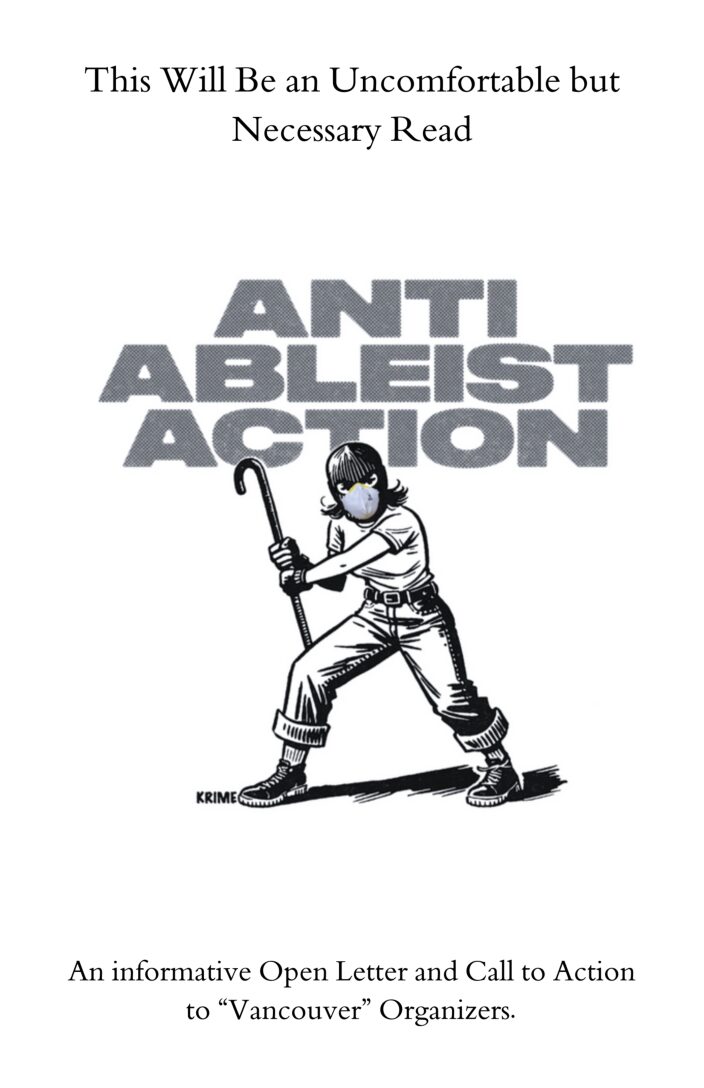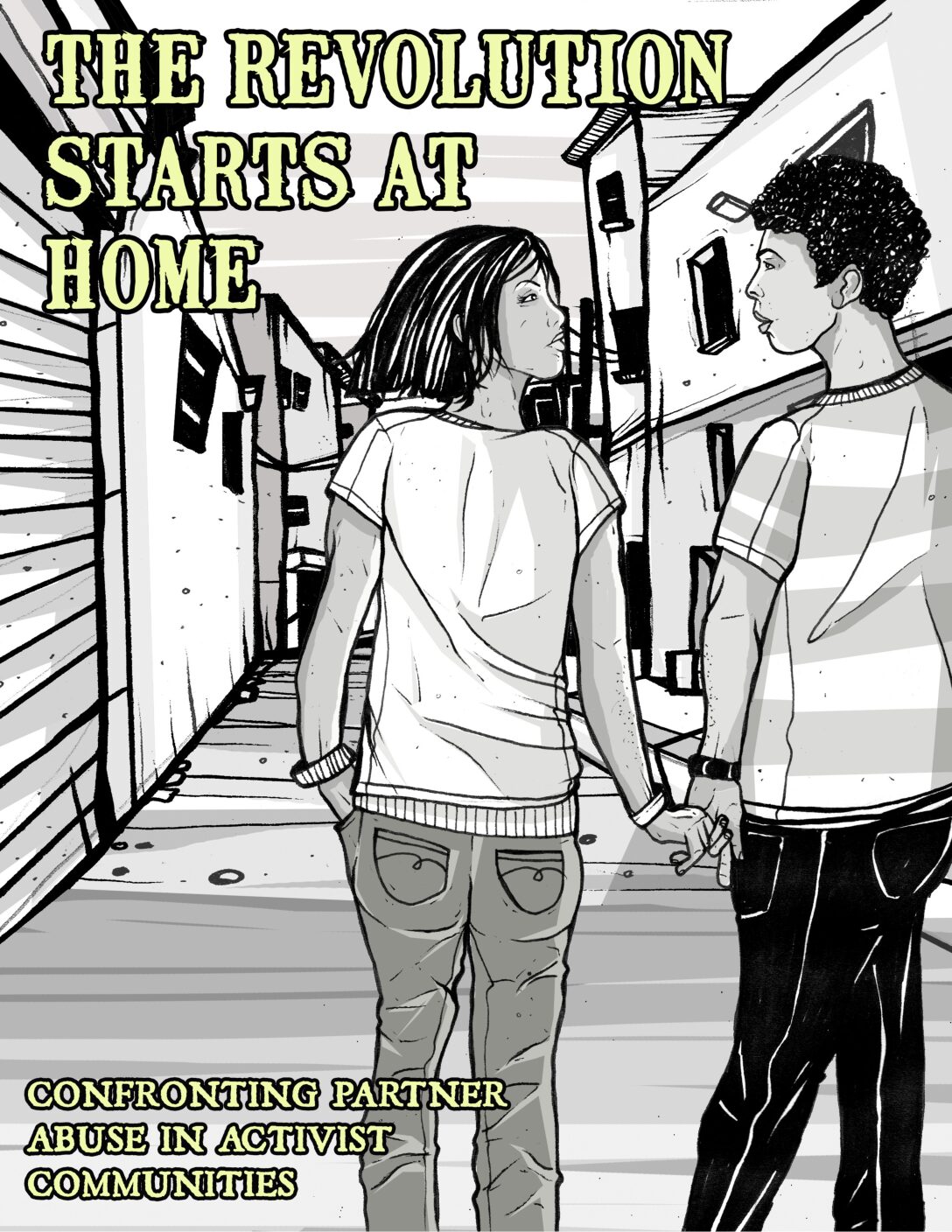This Will Be an Uncomfortable but Necessary Read
An Informative Open Letter and Call to Action to "Vancouver" Organizers
“No movement can survive unless it is constantly growing and changing with the times. If it isn’t growing, if it’s stagnant, and without the support of the people, no movement for liberation can exist, no matter how correct its analysis of the situation is. . .”
Assata Shakur
We are a group of organizers, artists, disabled and immunocompromised activists, and community members writing to express our grief and solidarity in proactively requesting increased COVID protections in our community in the spirit of harm reduction, disability justice, and fighting genocide and mass deaths on all lands.









